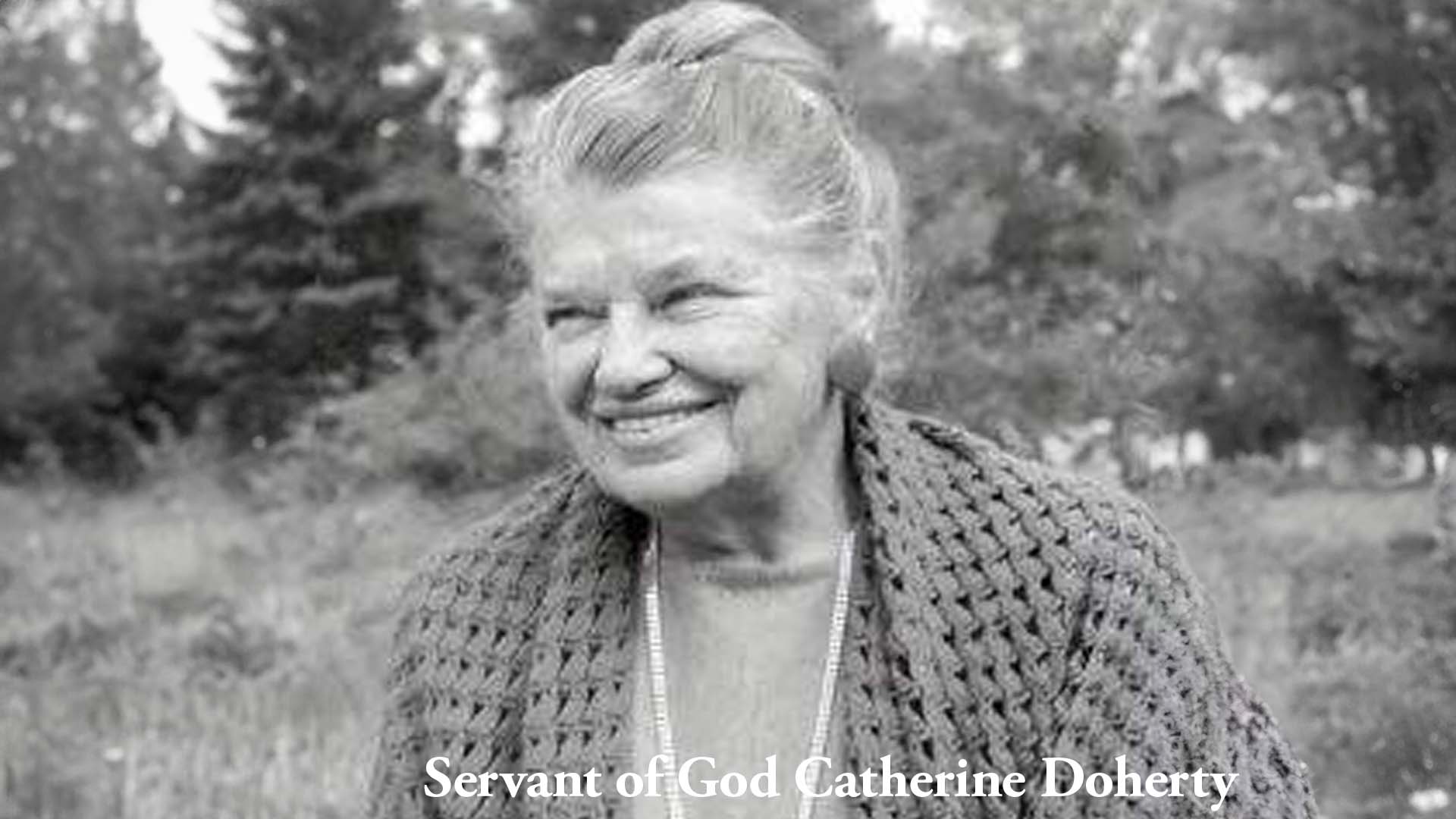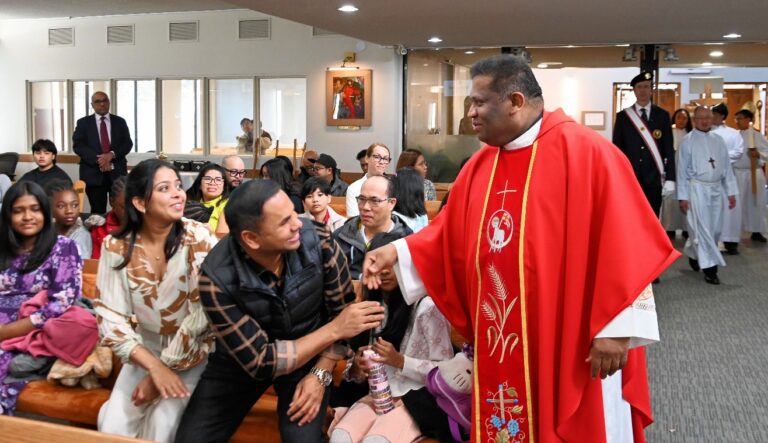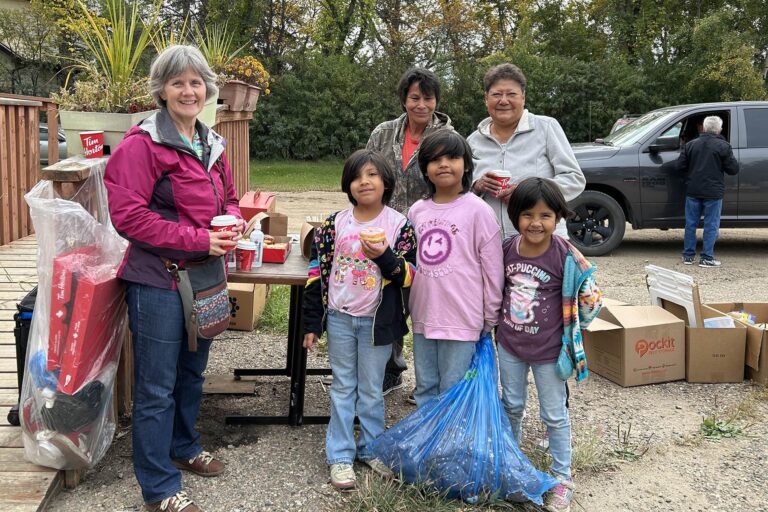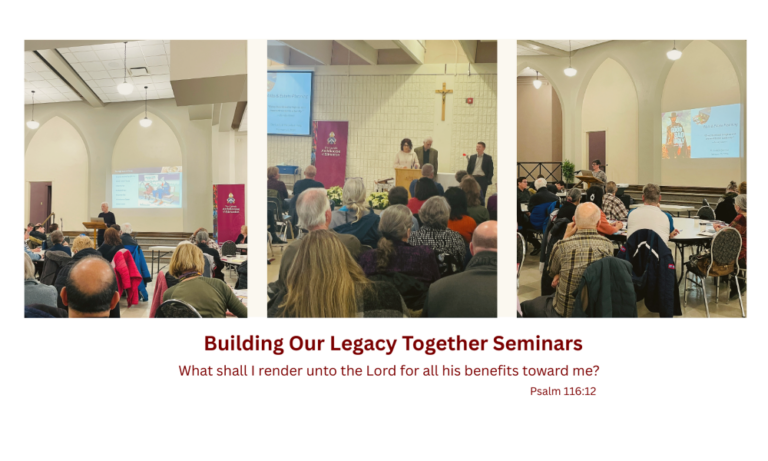It is already August, and the transition to greater times of work has likely already started to happen. With fall approaching, the new academic year is coming upon us, and summer vacations are coming to an end. Sometimes there can be a feeling of dread about work that needs to get completed. However, in her book The People of the Towel and Water, Servant of God Catherine Doherty writes:
“All work is holy. Through it we walk the royal road of Christ. We seem to have forgotten that. Behold how the Church uses this hallowed work—the corporal works of mercy, the spiritual works of mercy. These works encompass prayer and sacrifice, intellectual and physical labor. The summit of all work is the Cross on Calvary, on which hung a Carpenter who worked with his hands—God, who worked with his perfect creative mind in a flame of love…How can we restore work—all work—to Christ?”[2] As we approach the coming fall, how can you as a couple embrace a perspective that work is holy and good to do even with the struggles it involves?
There can be a tendency to see work as a negative thing. It can be viewed as something that takes energy from us, that we need to do to pay our bills, that is a mundane task that is not enjoyable, that isn’t very creative, or that feels isolating. However, what if you, as a couple, shifted your perspective on work?
The Church teaches us about the corporal and spiritual works of mercy:
- The corporal works of mercy “assist people with their material necessities”[3] and include feeding the hungry, giving drink to the thirsty, sheltering the homeless, visiting the sick, visiting the prisoners, burying the dead, and giving alms to the poor[4].
- Whereas the spiritual works of mercy, “which pertain to other equally important needs, especially today, because they touch the person’s soul, and often create the greatest suffering,”[5] include counselling the doubtful, instructing the ignorant, admonishing the sinner, comforting the sorrowful, forgiving injuries, bearing wrongs patiently, and praying for the living and the dead[6].
Now this may feel overwhelming to know where to start and how to live this out.
If any of your work (at home in service to your family, volunteering in the community, or as paid income) falls into one of these categories, you can already shift your perspective that your work is a work of mercy. For instance, if you are a health care professional, chaplain, or work within correctional services, you visit the sick or the prisoners through your work. Furthermore, if you are a teacher, homeschool parent, or a parent helping your children with their homework or to grow in their faith, you are instructing the ignorant.
Even if your work does not clearly fit into one of these categories, your income or time likely goes toward feeding you and your family, which can contribute to feeding the hungry or giving drink to the thirsty, especially given that some of you with growing children may eat quite a lot of food! You are likely also forgiving injuries in forgiving your spouse, children, or people in your workplace for something they have done that has hurt you.
Another example is that if you offer your work as a prayer for a specific intention, whether that be for your family, friends, community, or people who are struggling, you are praying for the living. And praying for our deceased loved ones, or for people who have died who we do not know, is praying for the dead.
As you can see from these examples, there are a number of ways you are likely already living out the corporal or spiritual works of mercy.
In preparation for the fall, which may be a period of transition for you and your family, can you and your spouse take some time to sit down to discuss the different corporal and spiritual works of mercy to see how you are already living them and how you could possibly grow in one of these types of work? The USCCB has two articles that may be helpful to use on the corporal and spiritual works of mercy as they provide various ideas for how to perform these works.
Regardless of which work of mercy you choose to focus on, you may want to use one or more of the following questions to discuss with your spouse:
- Which corporal or spiritual act of mercy do you already do well as a couple? Which work of mercy do you appreciate that your spouse does, and vice versa?
- Of the different works of mercy, which one would you like to develop and why is this of importance to you?
- Is there a work of mercy that you would like to focus on this upcoming academic year as a family? How will you achieve that with love for each other?
- How can you connect as a couple while doing a work of mercy?
- How can your work as a couple or individually be linked to one of the corporal or spiritual works of mercy to provide a greater sense of meaning to the work being done and to have a greater sense of your work being holy?
- How can you remind yourselves that your work is holy if you are feeling discouraged in the work you are doing? Do you have any ideas of how you can “restore work—all work—to Christ” as Servant of God Catherine Doherty asked?[7]
As fall comes closer, may you and your spouse take the time to reflect and pray about which spiritual or corporal works of mercy you are already doing well together and individually, and which work of mercy you may want to make a priority as a couple. Ultimately, it is important to remember to love when you are performing the works of mercy you are already doing or the works you will do.
After all, Jesus shared with us that we are to “love one another; even as I have loved you” (John 13: 34) and that “as you did it to one of the least of these my brethren, you did it to me” (Matthew 25: 40).
May this time of transition be an opportunity to ponder and share with each other how, as Servant of God Catherine Doherty reminded us, the work you are called to do is holy and to do it with love within your home and in the community.
Melissa Guzik is a Registered Psychologist who works in private practice in Edmonton, Alberta. Melissa understands the importance of continuing to work on strengthening one’s marriage by living the blessings and struggles that come from being married, having children, and her professional experiences working with couples. Melissa works with Catholic couples to help them have marriages that are both fulfilling and pleasing to God. Melissa has been married since 2002 and has four children. She is the co-author of the Catholic marriage enrichment book and workbook To Know, Love and Serve: A Path to Marital Fulfilment. For more information see www.knowloveserve.info. Information about Melissa’s private practice can be found at melissaguzik.com
[1] Doherty, C. (2010). The people of the towel and water: Restoring the world through Christ in everyday life. Madonna House Publications, p. 60.
[2] Doherty, C. (2010). The people of the towel and water: Restoring the world through Christ in everyday life. Madonna House Publications, pp. 60-61.
[3] Francis (2016). Pope Francis General Audience, St. Peters’ Square, Wednesday, 12 October 2016. Libreria Editrice Vaticana. https://www.vatican.va/content/francesco/en/audiences/2016/documents/papa-francesco_20161012_udienza-generale.html
[4] United States Conference of Catholic Bishops (n.d.). The Corporal Works of Mercy. United States Conference of Catholic Bishops. https://www.usccb.org/beliefs-and-teachings/how-we-teach/new-evangelization/jubilee-of-mercy/the-corporal-works-of-mercy
[5] Francis (2016). Pope Francis General Audience, St. Peters’ Square, Wednesday, 12 October 2016. Libreria Editrice Vaticana. https://www.vatican.va/content/francesco/en/audiences/2016/documents/papa-francesco_20161012_udienza-generale.html
[6] United States Conference of Catholic Bishops (n.d.). The Spiritual Works of Mercy. United States Conference of Catholic Bishops. https://www.usccb.org/beliefs-and-teachings/how-we-teach/new-evangelization/jubilee-of-mercy/the-spiritual-works-of-mercy
[7] Doherty, C. (2010). The people of the towel and water: Restoring the world through Christ in everyday life. Madonna House Publications, p. 61.




